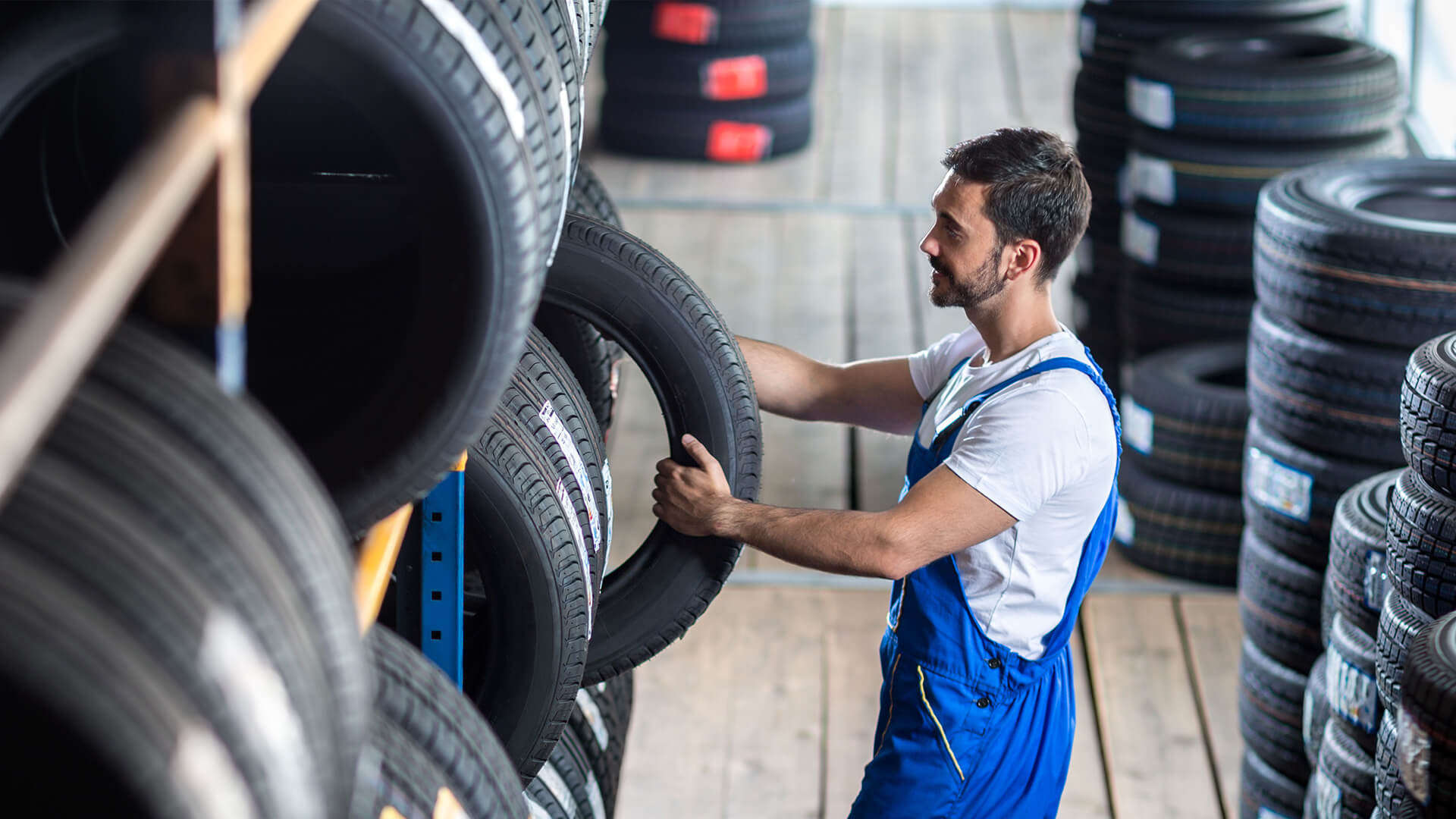The members of the Economic Council reviewed and decided 11 requests of different ministries in the meeting on Wednesday June 30, 1403 under the chairmanship of the President.
In a strategic move poised to significantly impact the automotive industry and job creation in the country, the Economic Council has approved the acquisition of foreign loans for car tire production. This decision could pave a new path for the development and advancement of the tire manufacturing industry in Iran, enhancing quality and reducing production costs. This article explores the details of this decision, its potential benefits and challenges, and its long-term effects on the country’s economy.
Introduction
The automotive industry is a crucial pillar of any country’s economy, with widespread impacts on other industrial and economic sectors. Car tire production, as one of the most critical components of this industry, plays a key role in the quality and performance of vehicles. Given the importance of this issue, the Economic Council’s decision to receive foreign loans for car tire production could be an effective step toward improving the state of this industry.
Details of the Economic Council’s Decision
In its latest meeting, the Economic Council, after thorough evaluations and expert assessments, approved the acquisition of foreign loans for car tire production. These loans include financial investments, technology transfer, and technical collaborations with foreign companies. The primary goal of this initiative is to increase production capacity, enhance the quality of domestic products, and reduce dependence on imported car tires.
Benefits of Receiving Foreign Loans
1. Enhancing the Quality of Domestic Products: One of the most significant benefits of receiving foreign loans is access to advanced and innovative technologies, which can help improve the quality of locally produced tires. This not only increases customer satisfaction but can also elevate the standing of Iranian products in international markets.
2. Reducing Production Costs: Utilizing financial facilities and technical collaborations with foreign companies can reduce production costs. This can lead to a lower final product price and increased competitiveness in the market.
3. Job Creation and Industrial Development: Increasing production capacity and establishing new production lines require the recruitment of specialized human resources and the creation of new job opportunities. This can help reduce unemployment rates and promote industrial development in various regions.
4. Reducing Dependency on Imports: By boosting domestic car tire production, the need for importing this product decreases. This can improve the country’s trade balance and save foreign exchange reserves.
Potential Challenges
1. Dependency on Foreign Technology: One of the major challenges in this context is the potential dependency on foreign technologies and technical knowledge. To address this challenge, precise planning for knowledge transfer and the development of domestic capabilities is essential.
2. Financial and Managerial Issues: Receiving foreign loans requires proper financial management and international cooperation. Poor management can lead to financial problems and increased foreign debt.
3. Competition with Foreign Companies: The entry of foreign companies into the domestic market can intensify competition. This necessitates strengthening the competitive abilities of local companies and increasing their productivity.
Conclusion
The Economic Council’s decision to receive foreign loans for car tire production can be seen as an exceptional opportunity to enhance quality and reduce production costs in the country’s automotive industry. However, it is essential to have precise planning and proper management in this area to fully leverage the benefits of this decision and minimize potential challenges. This initiative can lay the groundwork for sustainable development and increase the competitive strength of the country’s automotive industry in international markets.

